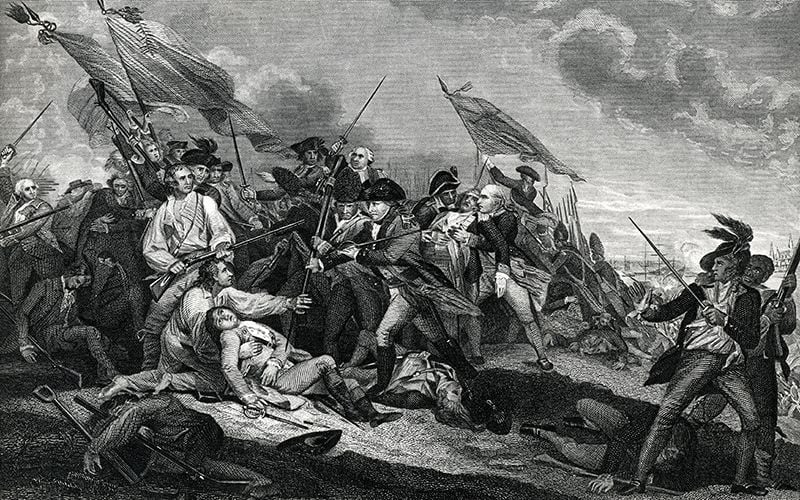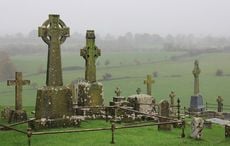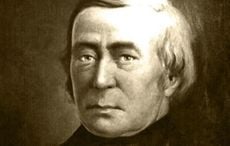Brehon Law is the body of ancient native Irish law which was generally operational in Gaelic areas until the completion of the English conquest of Ireland in the early 17th century.
They were first set down on parchment in the 7th century and were named after wanderings lawyers, the Brehons.
By the time of Elizabeth I, the Brehon laws were considered to be old, lewd, and unreasonable. They were banned and English common law was introduced.
However, thankfully, some of the Brehons thought to hide the precious manuscripts and a good number of them survived.
In 1852, two Irish scholars, Eugene O'Curry and John O'Donovan, took to translating the laws. In the words of another Irish scholar, D. A. Binchy, what they found were "secrets" about Ireland's past
The laws were "details," Binchy said, "details that describe ancient life in the days when the Irish still lived in mud huts and small ringed settlements and paid their bills in cows and bacon."
Here are just a couple of Ireland's stranger ancient Brehon Laws:
Musicians / Artists
- The harpist is the only musician who is of noble standing. Flute players, trumpeters and timpanists as well as jugglers, conjurers, and equestrians who stand on the back of horses at fairs, have no status of their own in the community, only that of the noble chieftain to whom they are attached.
- The poet who overcharges for a poem shall be stripped of half his rank in society.
Property/Land
- The creditor who holds your brooch, your necklet of your earrings as a pledge against your loan must return them so you may wear them at the great assembly. Or he will be fined for your humiliation.
- For the best arable land, the price is 24 cows. The price for dry, coarse land is 12 dry cows.
Relationships
- February first is the day on which husband and wife may decide to walk away from the marriage.
- If a man takes a woman off on a horse, into the woods or onto a sea-going ship, and if members of the woman's tribe are present, they must object within 24 hours or they may not demand payment of the fine.
- The husband-to-be shall pay a bride price of land, cattle, horses, gold, or silver to the father of the bride. Husband and wife retain individual rights to all land, flocks, and household goods each brings to the marriage.
- A husband who through listlessness does not go to his wife in her bed must pay a fine.
- If a pregnant woman craves a morsel of food and her husband withholds it through stinginess or neglect he must pay a fine.
- If a woman makes an assignation with a man to come to her in a bed or behind a bush, the man is not considered guilty even if she screams. If she has not agreed to a meeting, however, he is guilty as soon as she screams.
- When you become old your family must provide you with one oatcake a day plus a container of sour milk. They must bathe you every 20th night and wash your head every Saturday. Seventeen sticks of firewood is the allotment for keeping you warm.
Health
- No fools, drunks, or female scolds are allowed in the doctor's house when a patient is healing there. No bad news to be brought and no talking across the bed. No grunts of pigs or barking of dogs outside.
- If the doctor heals your wound but it breaks out a new because of his carelessness, neglect, or gross want of skill he must return the fee you paid. He must also pay you damages as if he himself had wounded you.
Random
- Whoever comes to your door you must feed him and care for him with no questions asked.
- It is illegal to give somebody food that has been found with a dead mouse or weasel.
- A layman may drink six pints of ale with his dinner but a monk may drink only three pints. This is so he will not be intoxicated when prayer-time arrives.




Comments